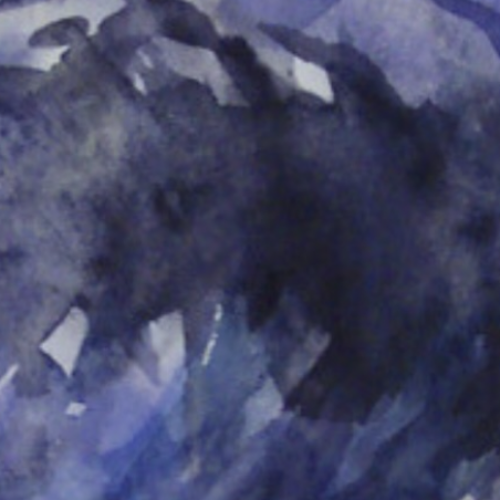Summer is two weeks deep and already itchy with boredom when I suggest we poke around the abandoned house in the field.
The bromegrass is half the height of the car and bends in supplication, tips wispy like cobwebs when it brushes our arms. We wade carefully, afraid of broken bottles, scraps of metal, and snakes. There are June nights we sprawl in your backyard instead of heading to the movies, dew soaking our t-shirts while our secrets burn through the dark. The truest one you’ve ever told me is this: You are as terrified of snakes as you are of God.
The house hides behind a copse of oaks, its body engulfed by the wild that moves unbidden to swallow it: chokecherry and holly vines, tendrils of poison ivy, cockroaches, termites, rain and snow, the unyielding sun. The clapboard walls nestle into the dirt. Soon, the house will become dust.
A farmer lived here once and tended the field behind the home. He cared for the crops, loaded each harvest into his semi to weigh its yield, and learn its worth. Since your parents work in an office, desks piled in papers, I tell you how a crop’s value is reflected in the body of tiny kernels and grains and seeds, in their capacity to feed. Never mind the hunch of aging shoulders, the thickness of calluses on weathered hands, the limping gait and wheezing cough. What is measured can sift through a man’s fingers.
“I wonder why the house hasn’t been torn down?” you ask. “It would create more space for tractors to enter the field.”
I lean through the window for a better look, my hands fluttering against the warped wood. Our fingers brush together, then move quickly apart. You push on the sill, heaving your body upwards to straddle the frame, and you point to a bird’s nest cradled inside the television box. The wallpaper is twisted and yellow. Underneath, the walls are blackened, licked by burns. Shadows of the farmer linger inside each tiny room: fractured bones of plates and cups, skeletal picture frames, a twisted mattress bulleted with holes. The back of the house has been ripped open as if by monstrous jaws.
You turn and look at me expectantly. In the shattering heat, our breaths are shallow and heavy. I want to write my initials in the dust coating your arm. Instead, I turn away, the uneven ground hard beneath my feet.
“We should go,” I say as the sun drops behind the trees opposite the road.
You hesitate. Twilight rushes across the field towards us, and your beautiful face is hardened by the night’s encroaching grasp.
“I guess nothing remains forever,” you whisper.
We are at an age where summer is infinite, and the goblins of time are not yet biting at our backs. What do we know of the choices that comprise a life? Of the ghosts that lurk just out of sight?
You jump from the sagging, rotting house and hurry to my side. Our bodies’ shadows collide when you trip on a tangle of weeds. Still, the sliver of distance is always there. The days will grow shorter, the harvest will finish, and still, we will never find words for what stretches taut between us.
My car’s air conditioning is busted. I drive with all four windows rolled down and the radio volume on high, the wind snatching our conversation. The night sticks to our skin like sweat. We’ll ask everyone we know about the house at the edge of the field: my parents, your parents, grandparents, the elders at the church. Whenever we ask, it’s always the same—a shake of the head and silence.

Lacey N. Dunham
Lacey N. Dunham is a first-generation college graduate who lives in Washington, DC. Her fiction and nonfiction have appeared in Ploughshares, Witness, McSweeney's Internet Tendency, Midwestern Gothic, and The Other Stories.



